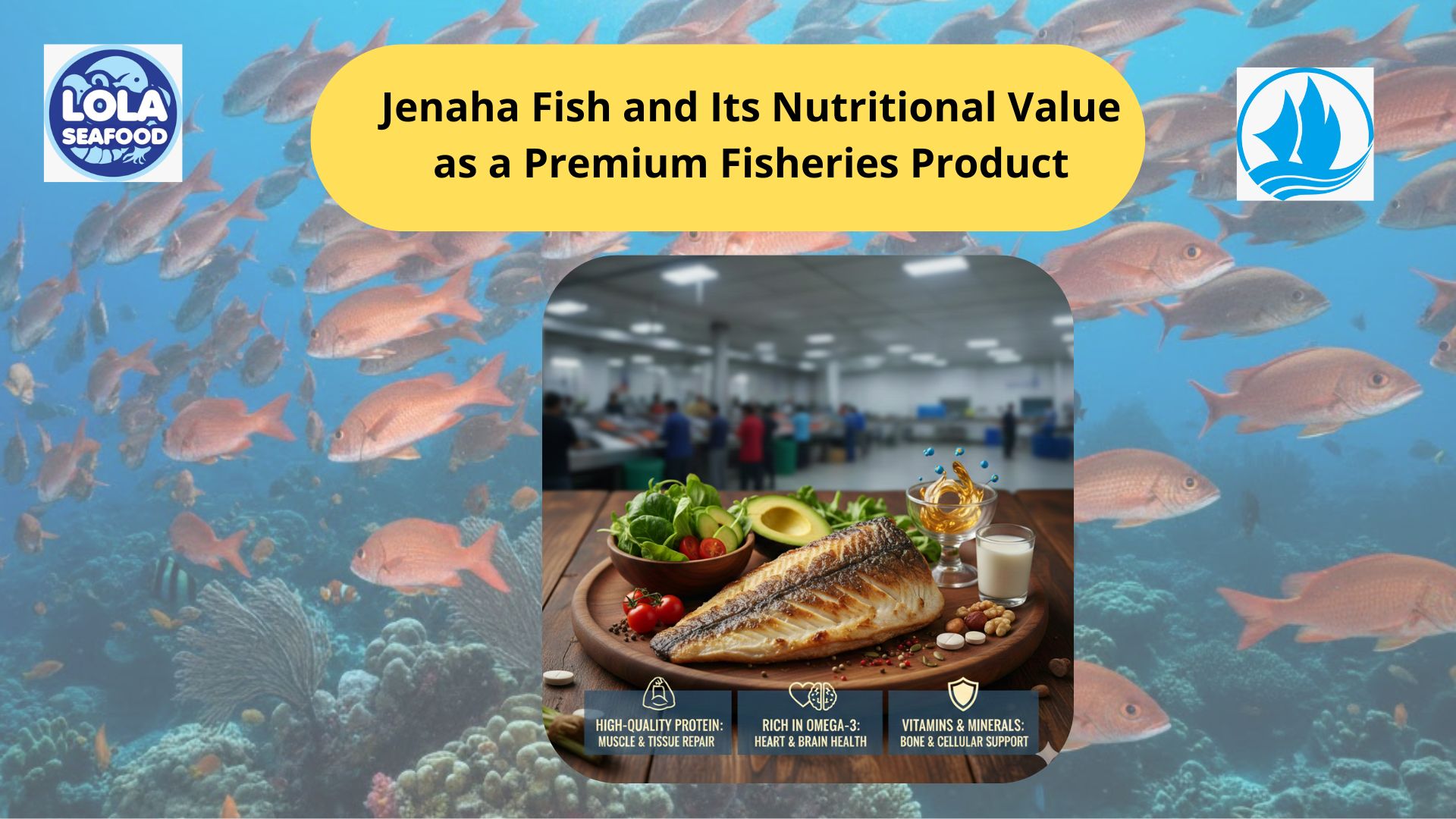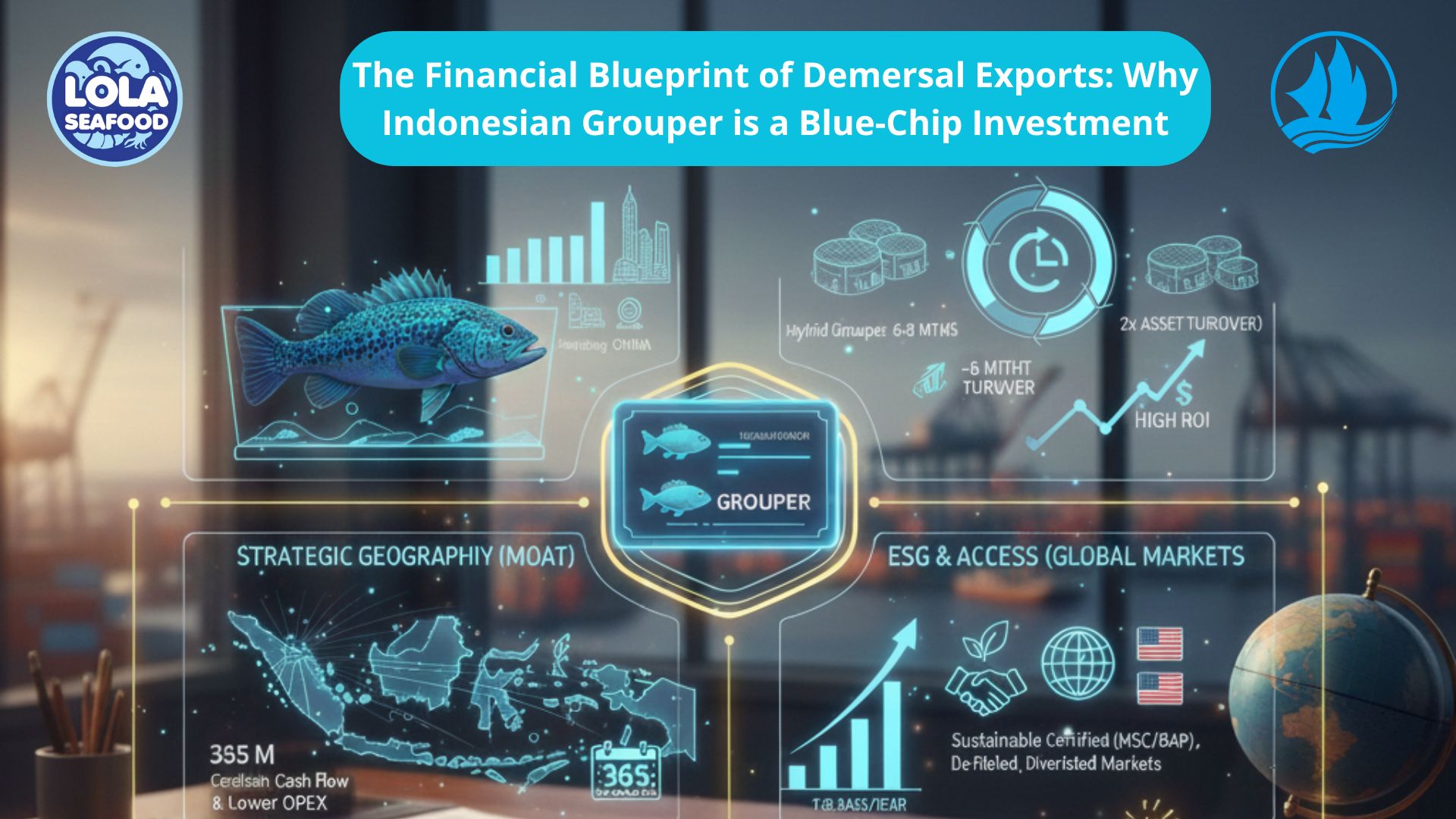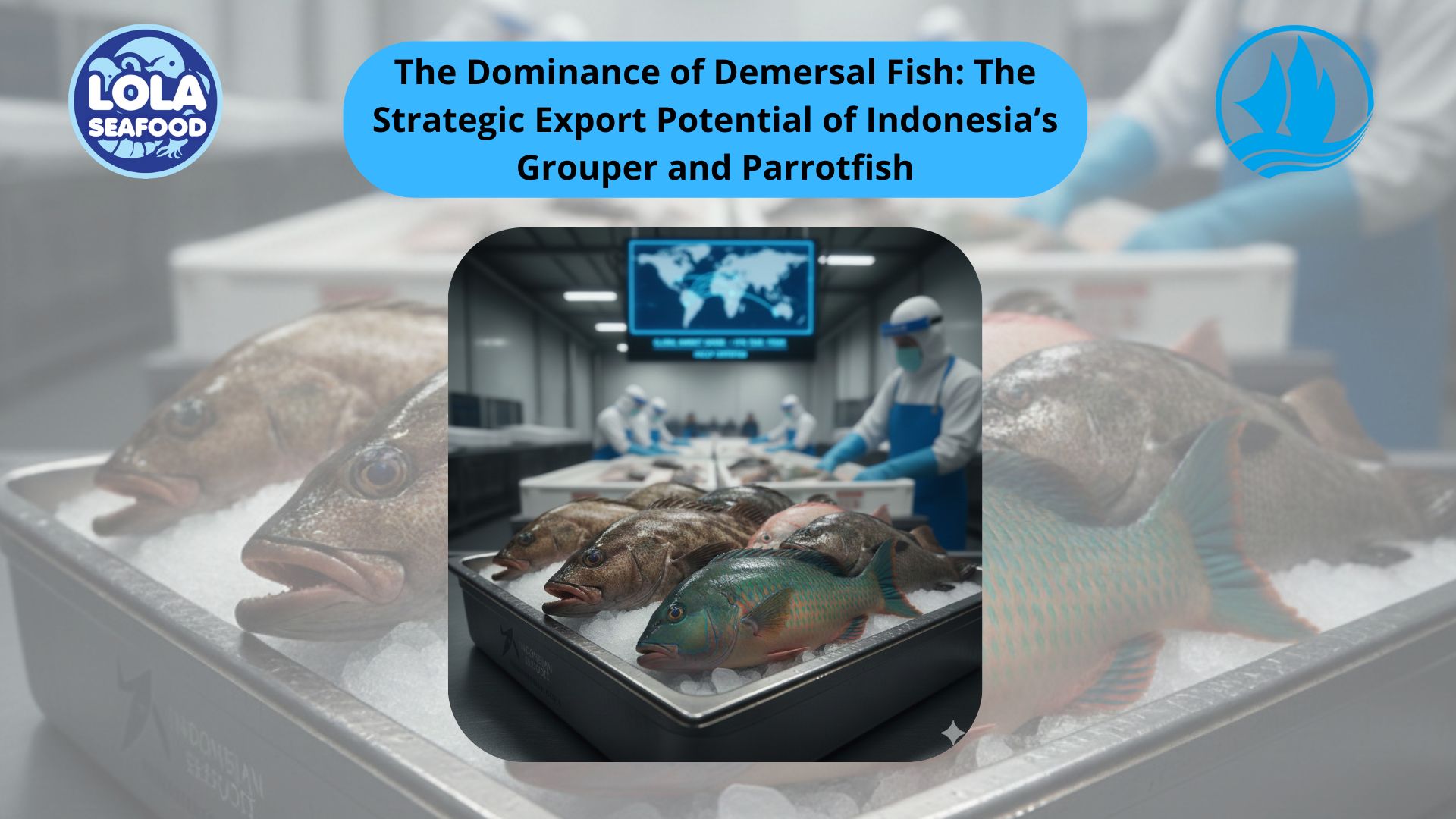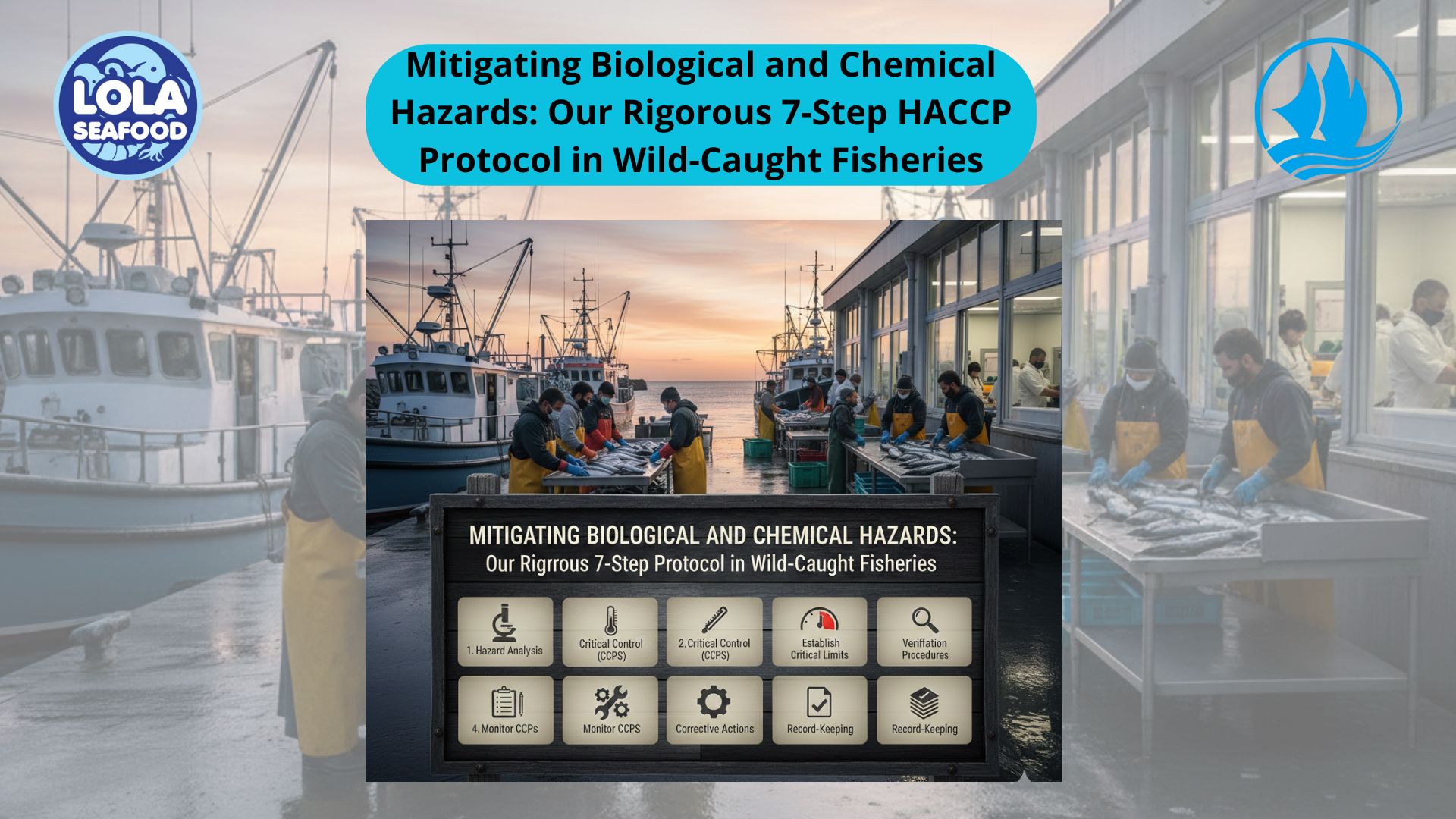3 Reasons Why Processing Waste in the Fish Processing Industry is Important for the Environment
By. Agung Kurniawan - 08 Jan 2025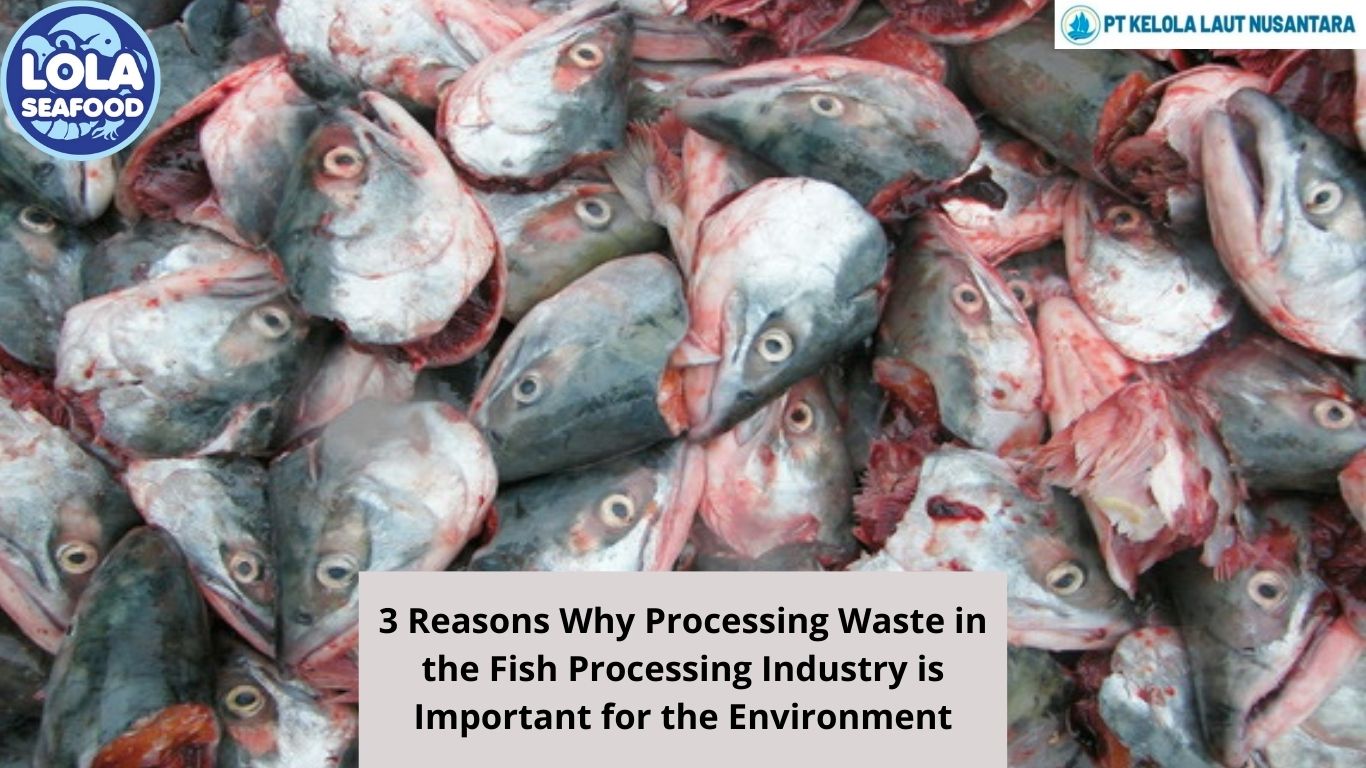
Kelolalaut.com The fish processing industry plays a critical role in global food security, providing millions of tons of seafood annually to meet the dietary needs of populations worldwide. However, this industry also generates significant quantities of waste, including fish heads, bones, scales, guts, and wastewater. If improperly managed, these by-products can pose serious environmental hazards, such as water pollution, air contamination, and ecosystem disruption. Efficiently processing fish processing industrial waste is, therefore, essential to minimize these impacts, protect the environment, and unlock economic opportunities.
1. Environmental Impacts of Improper Waste Management
Fish processing waste, if discarded indiscriminately, contributes to severe environmental degradation. For example, organic waste dumped in water bodies decomposes, consuming dissolved oxygen and leading to hypoxic or "dead zones," where aquatic life cannot survive. This can disrupt marine ecosystems, reducing biodiversity and affecting fisheries dependent on healthy aquatic environments.
Additionally, untreated wastewater from fish processing facilities often contains high levels of organic matter, fats, oils, and chemicals. When released into water bodies, it can alter water quality, harm aquatic organisms, and pose risks to human health. The odour from decomposing fish waste also contributes to air pollution, particularly in coastal areas where fish processing plants are located.
2. Benefits of Proper Waste Processing
Processing fish processing waste can mitigate these environmental impacts and provide numerous benefits:
- Reduction of Pollution: Treating fish processing waste reduces the release of harmful substances into the environment. Advanced wastewater treatment systems can filter out pollutants, ensuring cleaner water discharges that comply with environmental regulations.
- Resource Recovery and Circular Economy: Fish waste is rich in valuable nutrients and materials that can be repurposed into useful products. For instance, fishmeal and fish oil, derived from processing by-products, are widely used in animal feed and aquaculture. Similarly, fish scales can be processed into collagen, a sought-after ingredient in cosmetics and pharmaceuticals.
- Energy Generation: Organic fish waste can be converted into biogas through anaerobic digestion. This renewable energy source can be used to power processing facilities, reducing reliance on fossil fuels and lowering greenhouse gas emissions.
- Soil Enrichment: Fish waste can be composted to produce organic fertilizers, which improve soil quality and support sustainable agriculture. The high nitrogen and phosphorus content of fish waste make it a potent soil amendment.
- Economic Opportunities: Proper waste processing creates new revenue streams for the fish processing industry. By valorising waste, companies can offset disposal costs, improve profitability, and contribute to a more sustainable food system.
3. Technologies for Waste Processing
Innovative technologies are emerging to address the challenges of fish processing waste management. These include mechanical separation, enzymatic hydrolysis, and advanced filtration systems. Many facilities are also adopting integrated waste management systems that combine treatment and resource recovery, maximizing environmental and economic benefits.
The fish processing industry has a responsibility to minimize its environmental footprint by effectively managing its waste. Proper processing not only protects ecosystems and public health but also aligns with global sustainability goals, such as reducing waste, conserving natural resources, and promoting renewable energy. By embracing waste processing technologies and practices, the industry can transform its by-products into valuable resources, demonstrating how environmental stewardship and economic growth can go hand in hand.
If youre interested in our Baby Octopus Flower and Baby Octopus Whole Cleaned please do not hesitate to contact us through email and/or whatsapp.

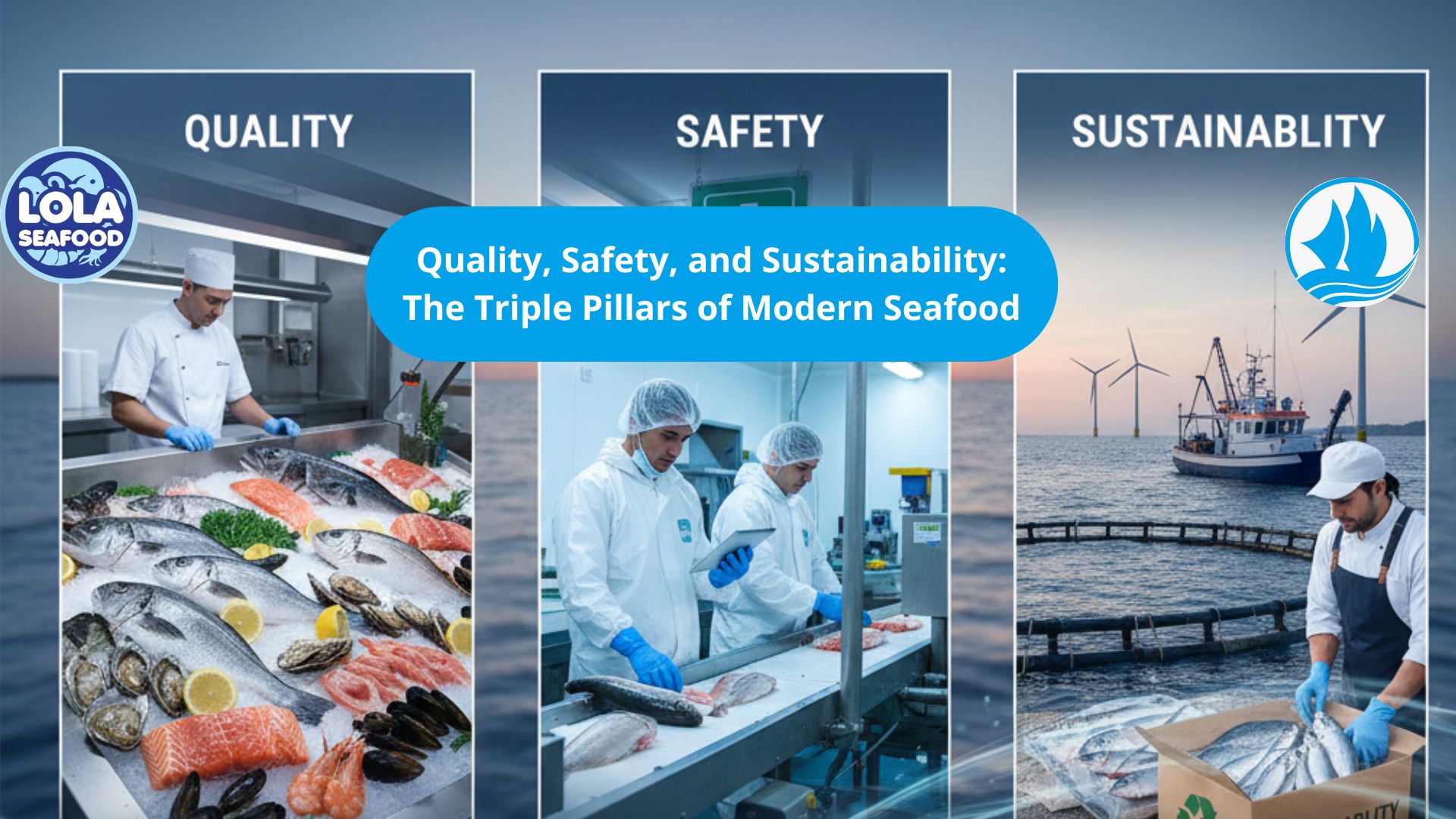
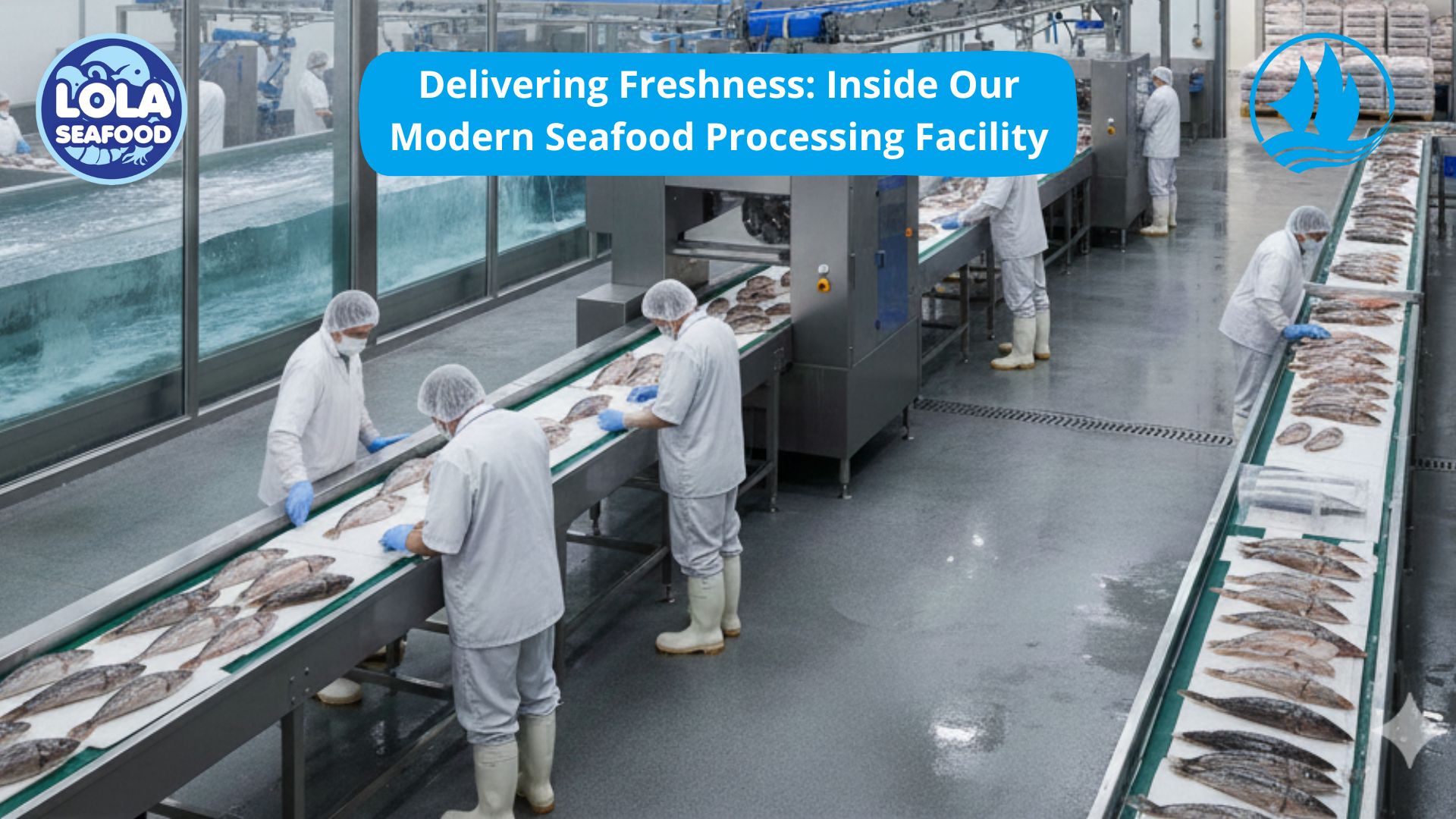
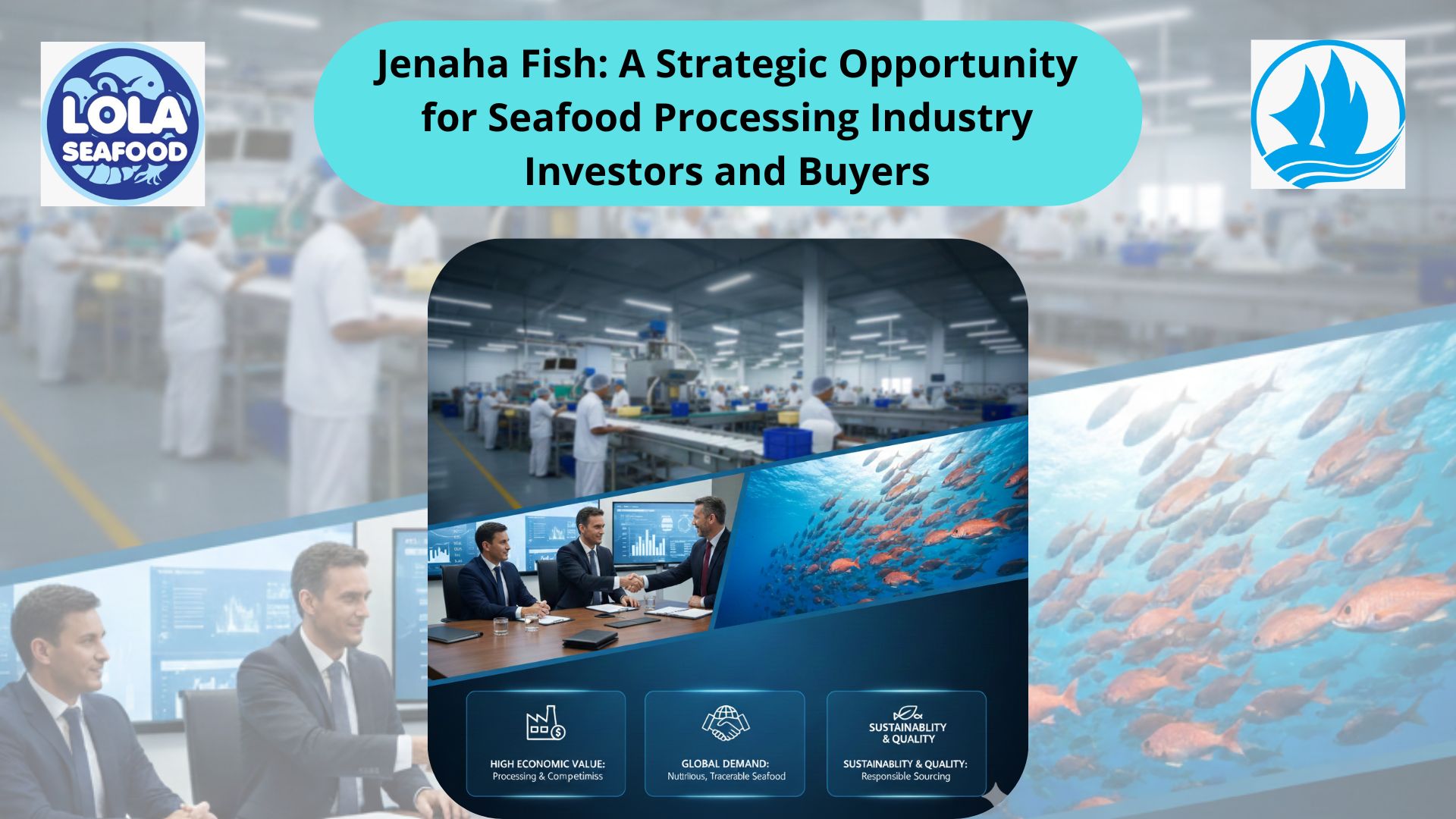
.jpg)
